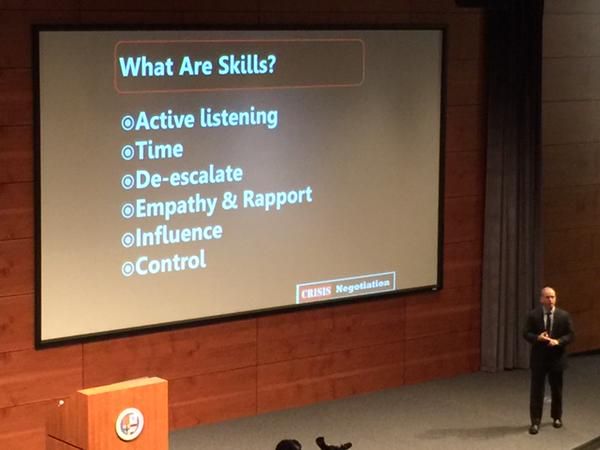 |
| The bullet-riddled shield used by police in the final assault on the Bataclan bombers |
Terrorists holding 20 people hostage in the Bataclan concert hall spoke to police negotiators five times on a mobile phone before officers finally stormed their hideout and brought the siege to an end.
Timeline Snippet
10:15 p.m.
Elite RAID anti-terrorist police arrived at the theatre to find darkness and silence broken only by the sound of mobile phones ringing unanswered in the pockets of the dead and the survivors pretending to be dead.
“When we went in, it was really dark. There were dozens of bodies lying on top of each other on the ground, the dead, the injured, the survivors who were pretending to be dead,” a policeman identified only as Jean told the TF1 television channel.
“It was like Dante’s Inferno,” another officer told Le Monde. The smell was unbearable, the silence appalling, he said....
23.15
Having checked the upper floor, the police came to one last door, behind which they thought the remaining bombers were holed up. A voice came from the other side of the door – a hostage who had been sent as an intermediary.
“He shouted out that the terrorists were there and that if we opened the door they would blow everything up,” said Jean.
Behind the door, the terrorists were inflicting mental torture on their 20 hostages. One of them, Sebastien, who has since emerged as a hero after pulling the pregnant woman hanging from the windowsill to safety, said: “They asked us if we agreed with them. I'll let you imagine the lingering silence of that moment. The most timid nodded their heads and the most daring said 'Yes.'
"They asked us to serve as look outs, to yell at the police to stay back and that if not they would blow up their explosive vests.”
11:27 p.m.
The terrorists agreed to give the police a mobile phone number and at 11.27pm the first contact was made. A specialist negotiator, who had also spoken to Coulibaly during the Hyper Cacher siege, asked for their demands.
“They didn’t want to free the hostages. They said get out or we will shoot and we will decapitate the hostages,” said Jean. They also said they would throw a body out of a window every five minutes.
Over the next 50 minutes four more calls were exchanged, but the negotiations led nowhere.
Read more from the telegraph.co.uk [HERE].





